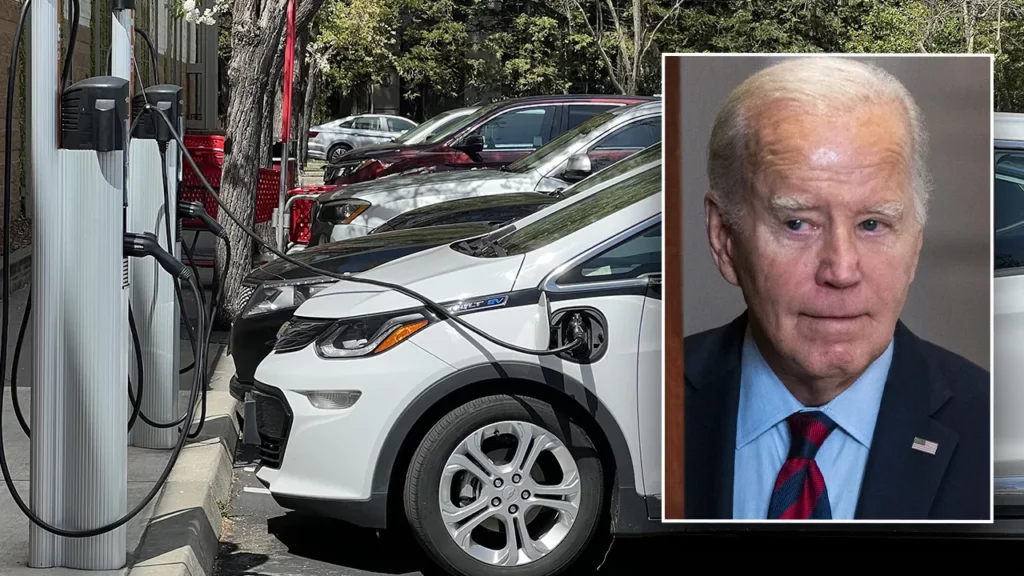This website uses cookies so that we can provide you with the best user experience possible. Cookie information is stored in your browser and performs functions such as recognising you when you return to our website and helping our team to understand which sections of the website you find most interesting and useful.

Biden’s Push for Electric Vehicles Faces Intersection of Political Forces and Industry Influence

 This delicate balancing act is further intensified in Michigan, a state deeply entrenched in the automotive industry’s history and culture. Here, political dynamics intersect with environmental and labor concerns in a unique and intricate manner. Michigan’s significance as a pivotal swing state amplifies the pressure on President Biden to address these issues effectively, as decisions made here could have far-reaching implications not only for the automotive sector but also for broader political and socio-economic landscapes.
This delicate balancing act is further intensified in Michigan, a state deeply entrenched in the automotive industry’s history and culture. Here, political dynamics intersect with environmental and labor concerns in a unique and intricate manner. Michigan’s significance as a pivotal swing state amplifies the pressure on President Biden to address these issues effectively, as decisions made here could have far-reaching implications not only for the automotive sector but also for broader political and socio-economic landscapes.